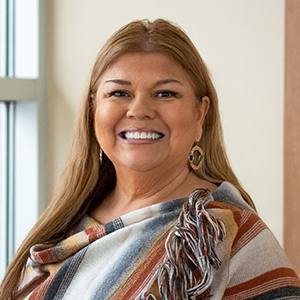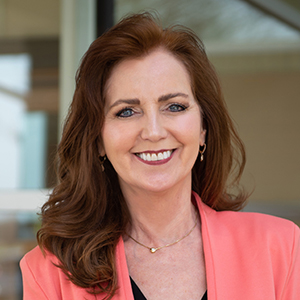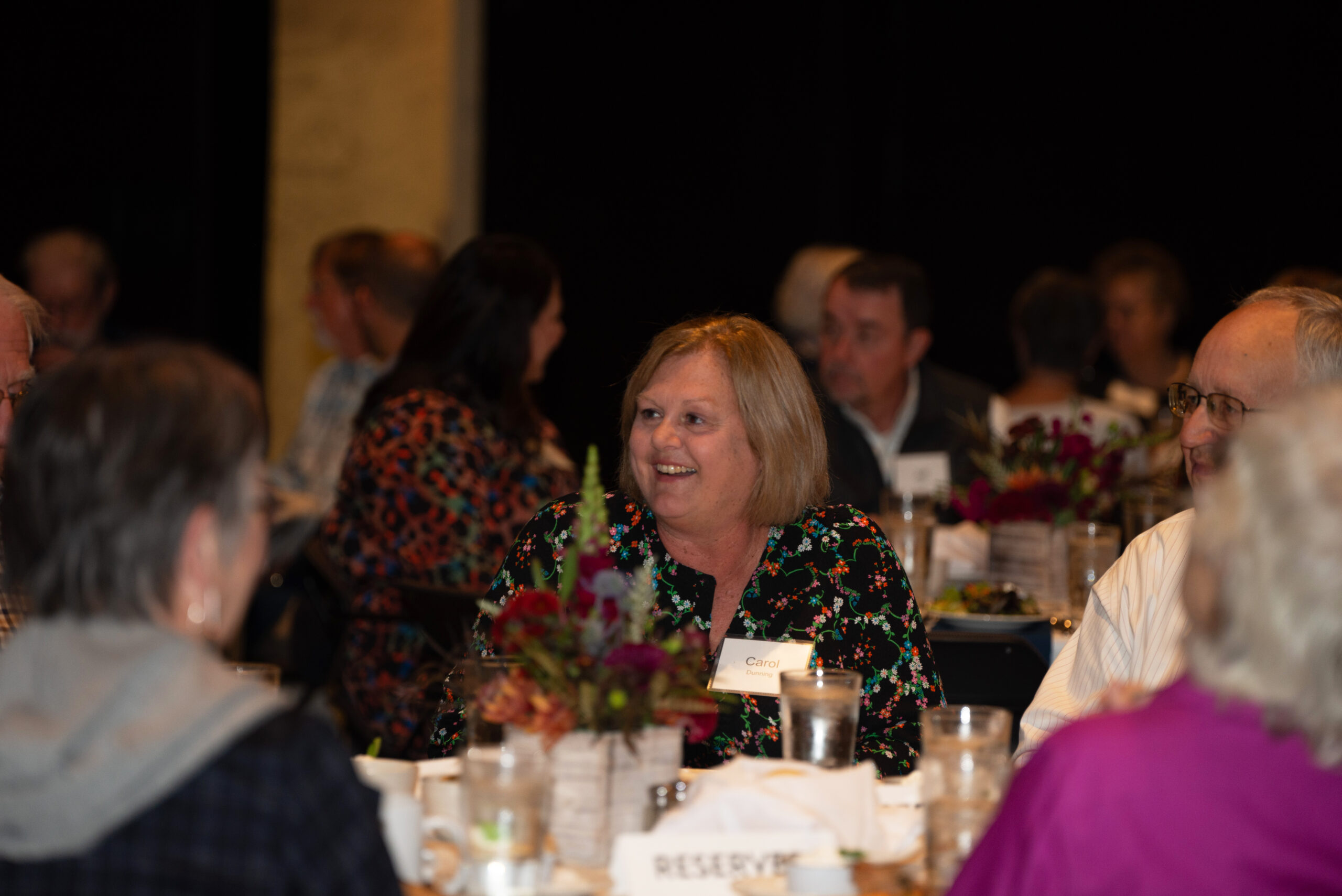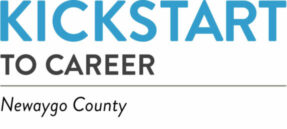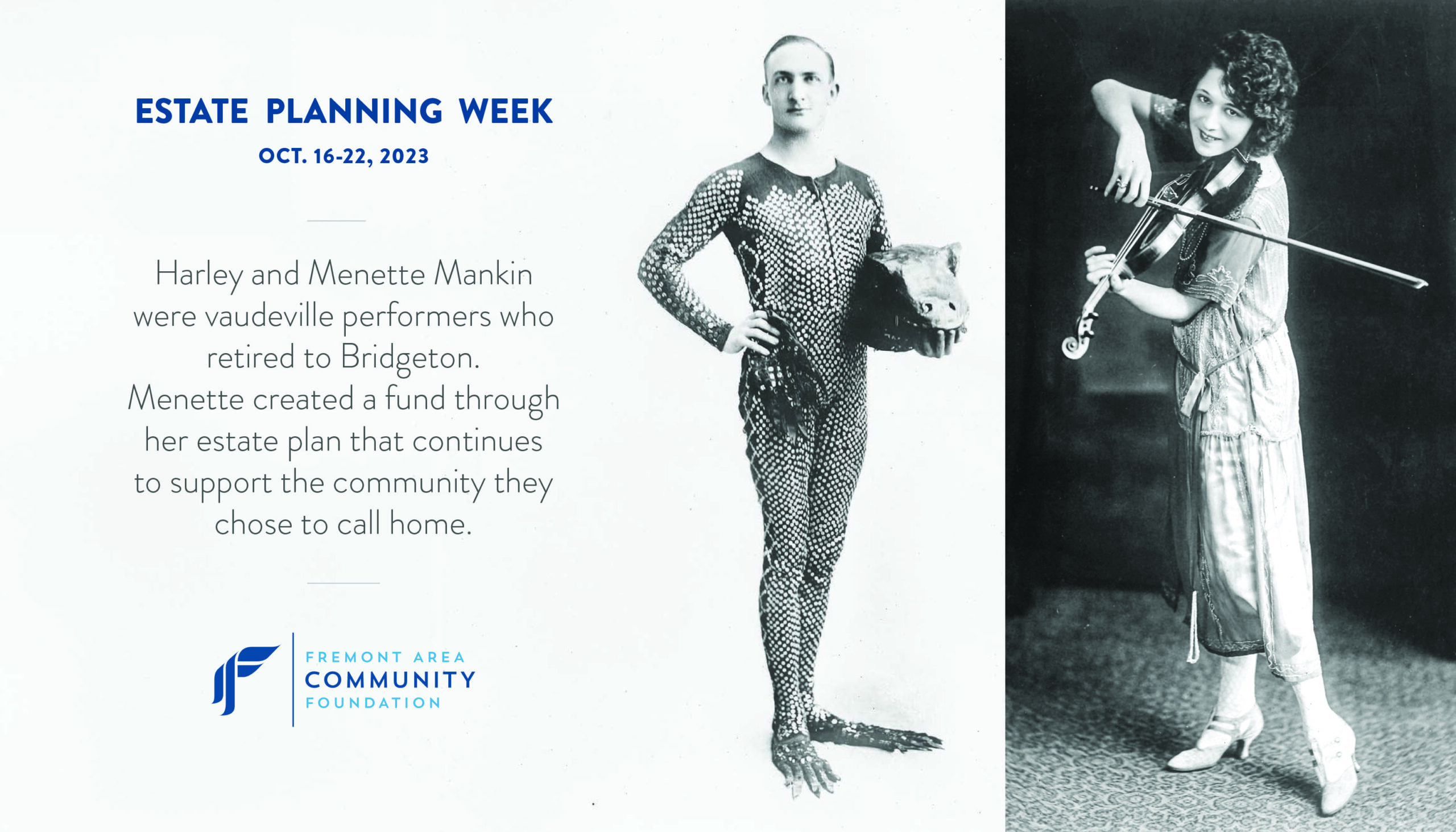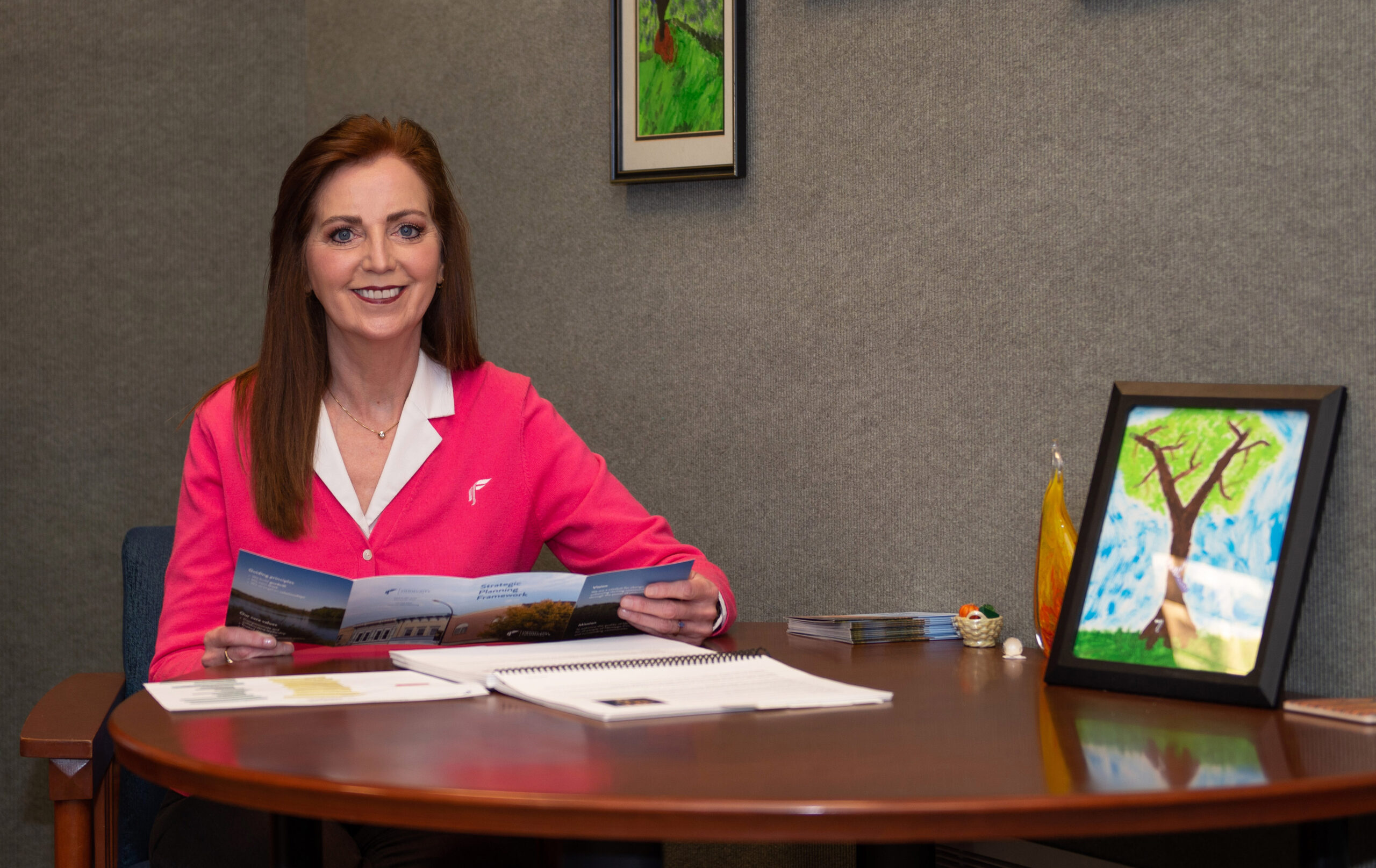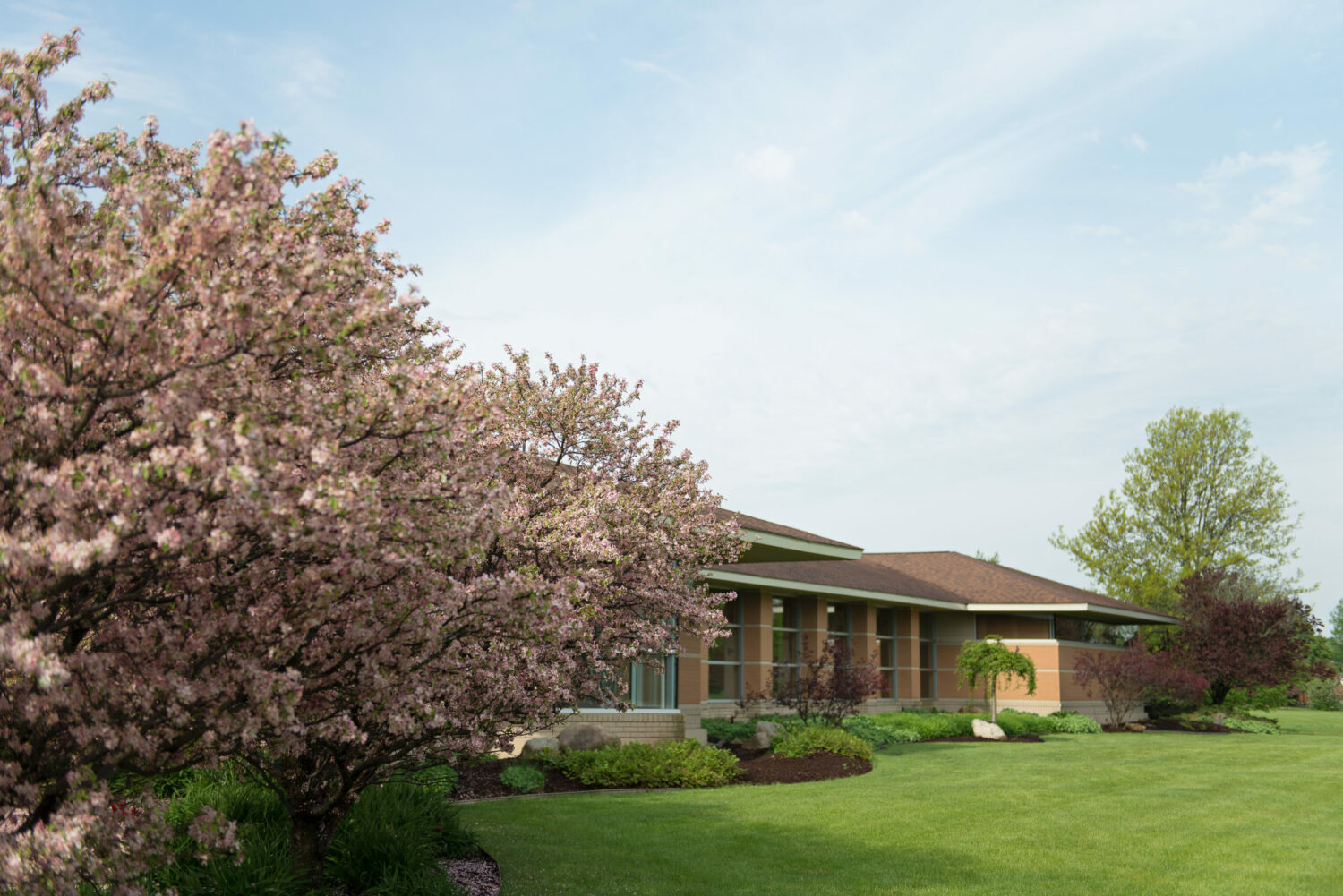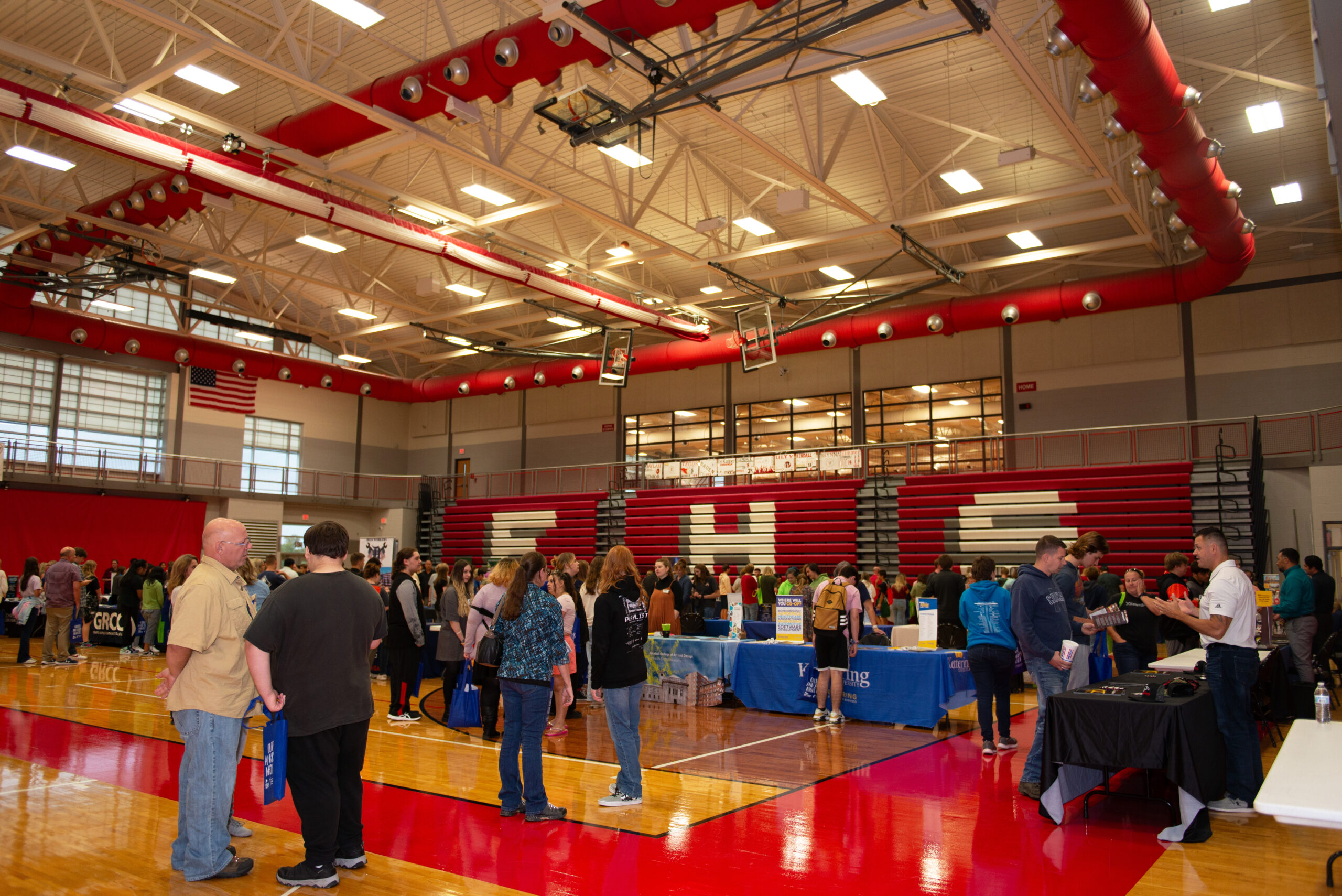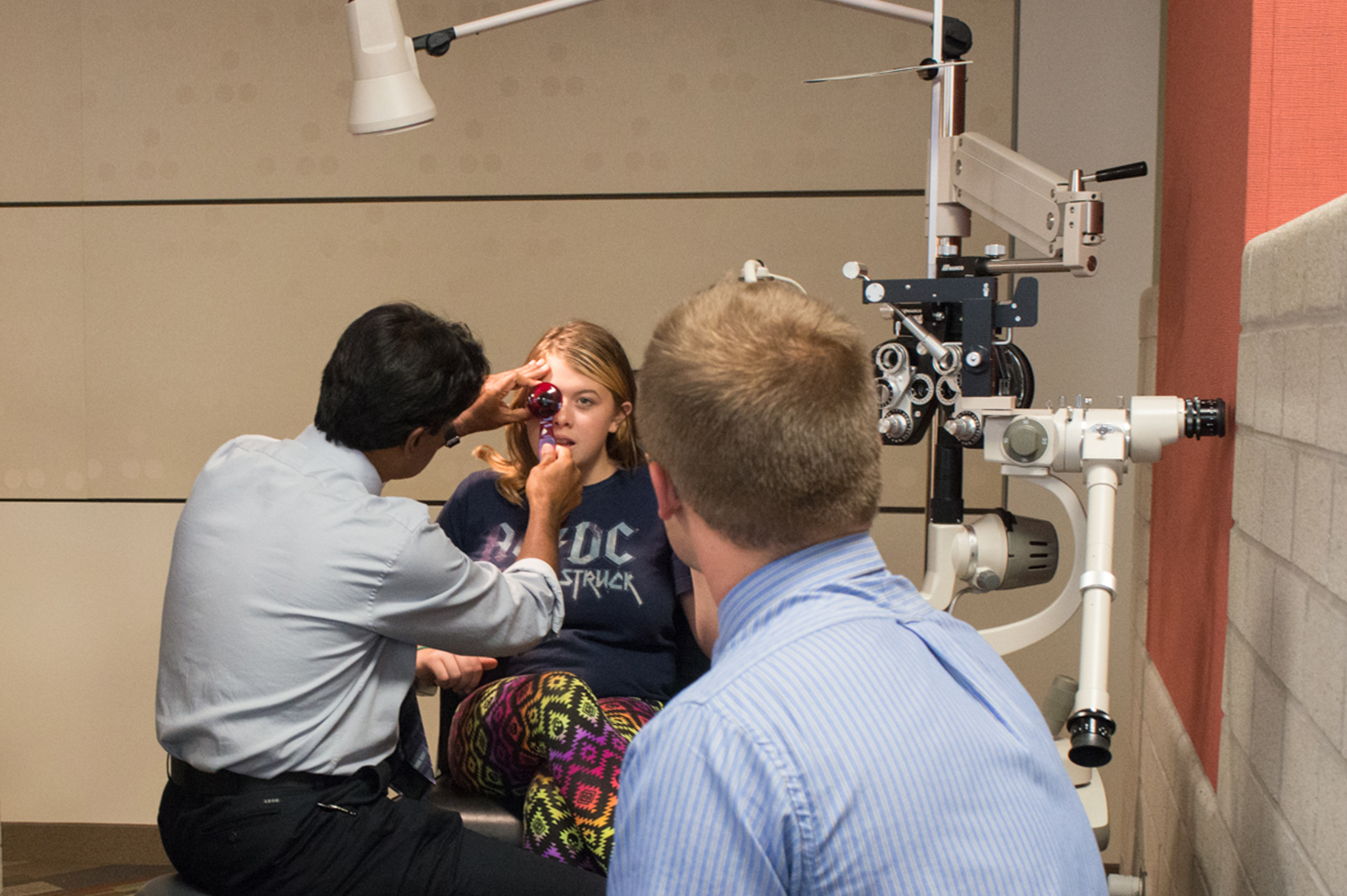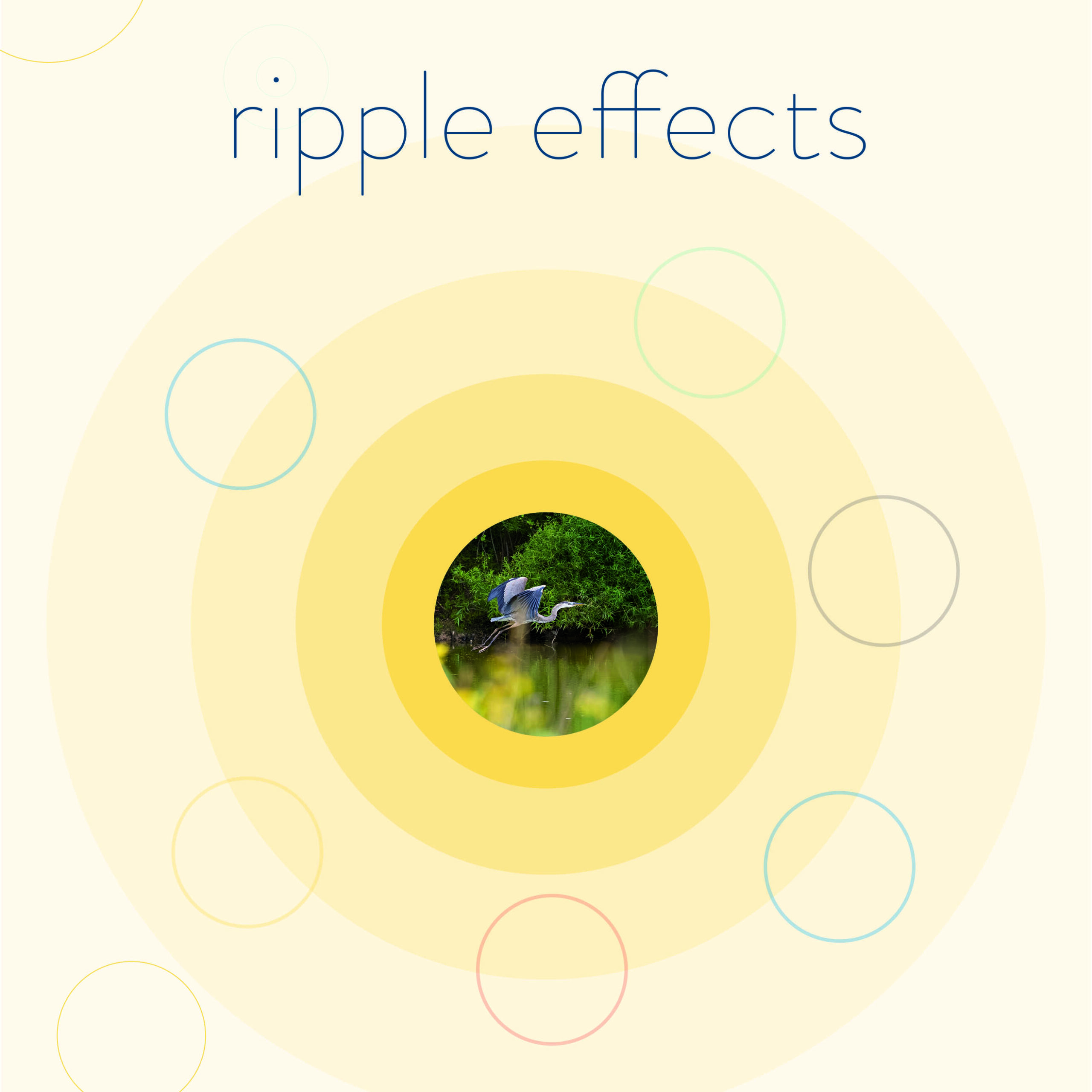The Ice Mountain Environmental Stewardship Fund at Fremont Area Community Foundation recently awarded grants to projects dedicated to improving the health of the Muskegon River and its watershed. This year marks the twenty-first consecutive year the fund has supported watershed improvement organizations.
Five projects received funding in the 2023 grant cycle, with a total of $59,800 awarded. The fund was established at Fremont Area Community Foundation in 2002 through the generosity of BlueTriton Brands, formerly Great Spring Waters of America, Inc. and is an endowed fund of the Community Foundation, which means it is a permanent, ever-growing resource. More than $800,000 has been awarded to 25 organizations since the inception of the fund.
“We are grateful for the generosity of BlueTriton Brands and are proud to partner in support of so many outstanding organizations and projects working to conserve and protect the Muskegon River watershed,” said Shelly Kasprzycki, president and CEO of Fremont Area Community Foundation. “We are excited to see the great things that will be accomplished by this year’s grant recipients.”
Organizations receiving funding in 2023 include the County of Newaygo, Grant Public Schools, Mecosta Conservation District, and Muskegon Conservation District.
A grant to the County of Newaygo will support trail and bridge construction costs on Michigan’s Dragon at Hardy Dam. Remaining grant funds will be used for trail feature work and maintenance. The Dragon will be a 47-mile adventure trail for world-class biking, hiking, running, and outdoor recreation. Twenty-nine miles have been completed so far.
Said Nick Smith, Newaygo County parks and recreation director, “Newaygo County is excited to continue our Ice Mountain Environmental Stewardship Fund partnership. The county has leveraged these funds over the past years to continue developing and improving the Dragon Trail. This project has drawn over 68,000 trail users to the region in the past 15 months, which generated over $2 million in economic impact for our local businesses and residents.
The trail is sustainably designed for visitors to experience the beautiful bluffs, wetlands, ravines, wildlife, trees, and parks around Hardy Pond. By providing a destination trail system highlighting our impressive natural resources, we hope to give visitors and residents a deeper connection and appreciation for the natural environment around them.”
Grant Public Schools received a grant for students to plant a rain garden at Ed Henning County Park, which is located just outside of the city of Newaygo and is a popular recreation spot. Through the project, students will increase habitat for pollinators, decrease the amount of stormwater runoff entering the river, and be exposed to environmental careers. Students will also research ways to create eco-protective buffer zones along waterways. This is the second year Grant Public Schools was selected for project funding to help with an ongoing restoration and enhancement project.
Said Brett Zuver, superintendent of Grant Public Schools, “Environmental projects, like the Henning Park Rain Garden, present unique opportunities for young students to learn ways to protect waterways, prevent erosion and pollution from impacting them, and take an active role in the work. The IMESF support is greatly appreciated and necessary for Grant Public Schools to enable students to have this valuable experience.”
A grant beneficiary since 2020, Mecosta Conservation District received funding this year to continue its program of hazardous waste collection free of charge for residents of Lake, Osceola, and Mecosta counties; it is the sole hazardous waste disposal option for the area. Residents can safely dispose of pesticides, fertilizers, and other materials that can be toxic to waterways. More than 39,000 pounds of hazardous waste from Mecosta, Osceola, and Lake county residents were collected this year.
Said Brook Baumann, district administrator for Mecosta Conservation District, “Offering a household hazardous waste collection to our residents at no charge has been an important staple in our program to encourage proper disposal that protects the health of our community members and environment. Properly disposing of household hazardous waste requires licensed contractors and significant financial resources as disposal prices continue to escalate. The Ice Mountain Environmental Stewardship Fund support contributes significantly to offsetting these costs and is a key factor in why this program has been successful for many years.”
Muskegon Conservation District was awarded grants for two projects. One will fund tree planting for bank stabilization along a stretch of the Muskegon River in the Muskegon Creek Game Area adjacent to Mosquito Creek. The project is being undertaken in concert with the Michigan Department of Natural Resources.
The second grant will fund an ecology study of wood turtles, with a goal of identifying nesting areas and habitat. Wood turtles are considered a threatened species in Michigan and their presence is a key bioindicator of a healthy watershed. The project is being conducted in partnership with the Michigan Department of Natural Sources Wildlife Division, Michigan Natural Features Inventory, John Ball Zoo, and Grand Valley State University.
Said Arlene Anderson-Vincent, Ice Mountain 100% Natural Spring Water, and member of the Ice Mountain Environmental Stewardship Fund Advisory Committee, “This year’s Ice Mountain Environmental Stewardship Fund investments represent the diversity of the Muskegon River and the organizations throughout the watershed that work tirelessly to protect, enhance, and improve it. From conservation and preservation to education, this year’s projects will make a difference not only to the watershed’s vitality but also to build a foundation of environmental stewardship in our younger generations.”
Grant applications for the Ice Mountain Environmental Stewardship Fund are accepted online each year from June 1 until July 15. Individuals and organizations interested in supporting the health of the watershed are also invited to contribute to the fund at any time. More information on the fund, how to donate, and how to apply for a grant can be found at facommunityfoundation.org/icemountain.

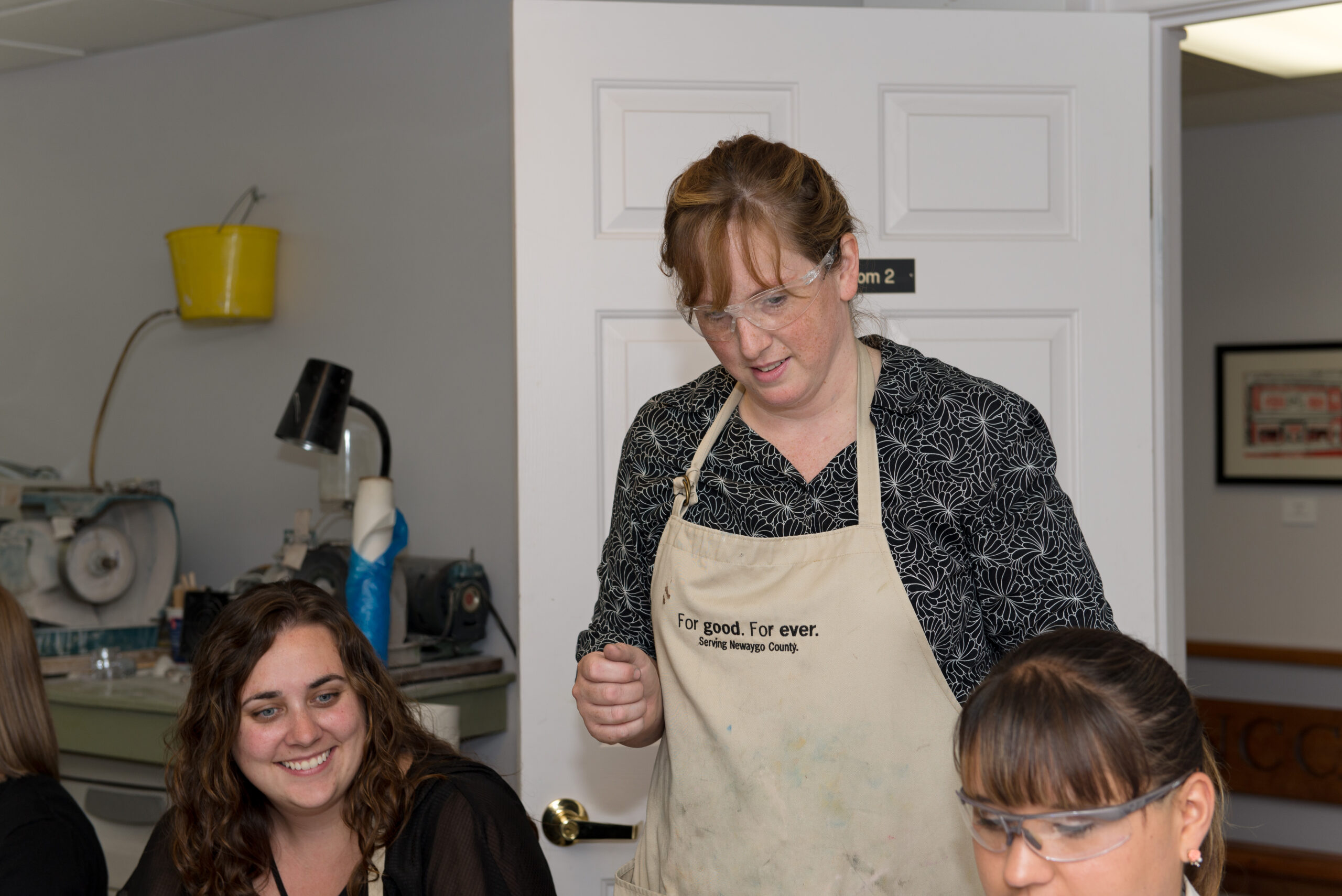

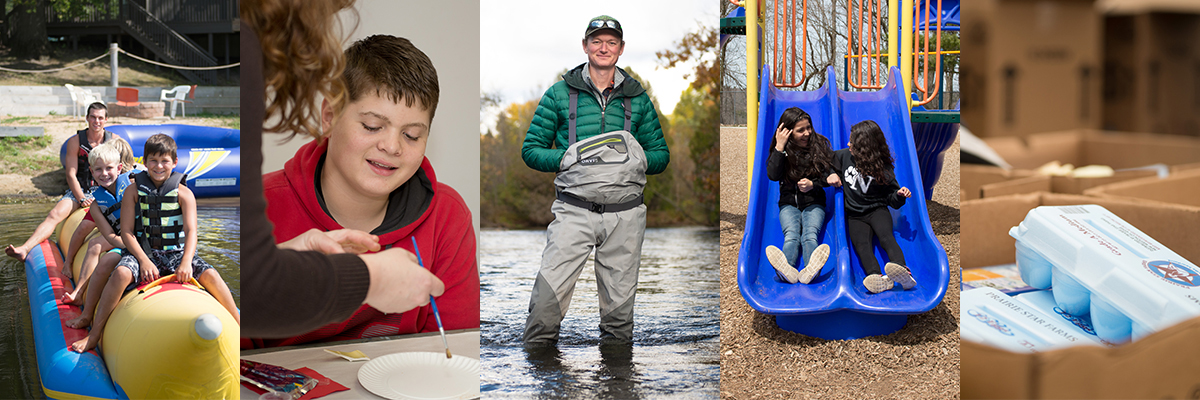
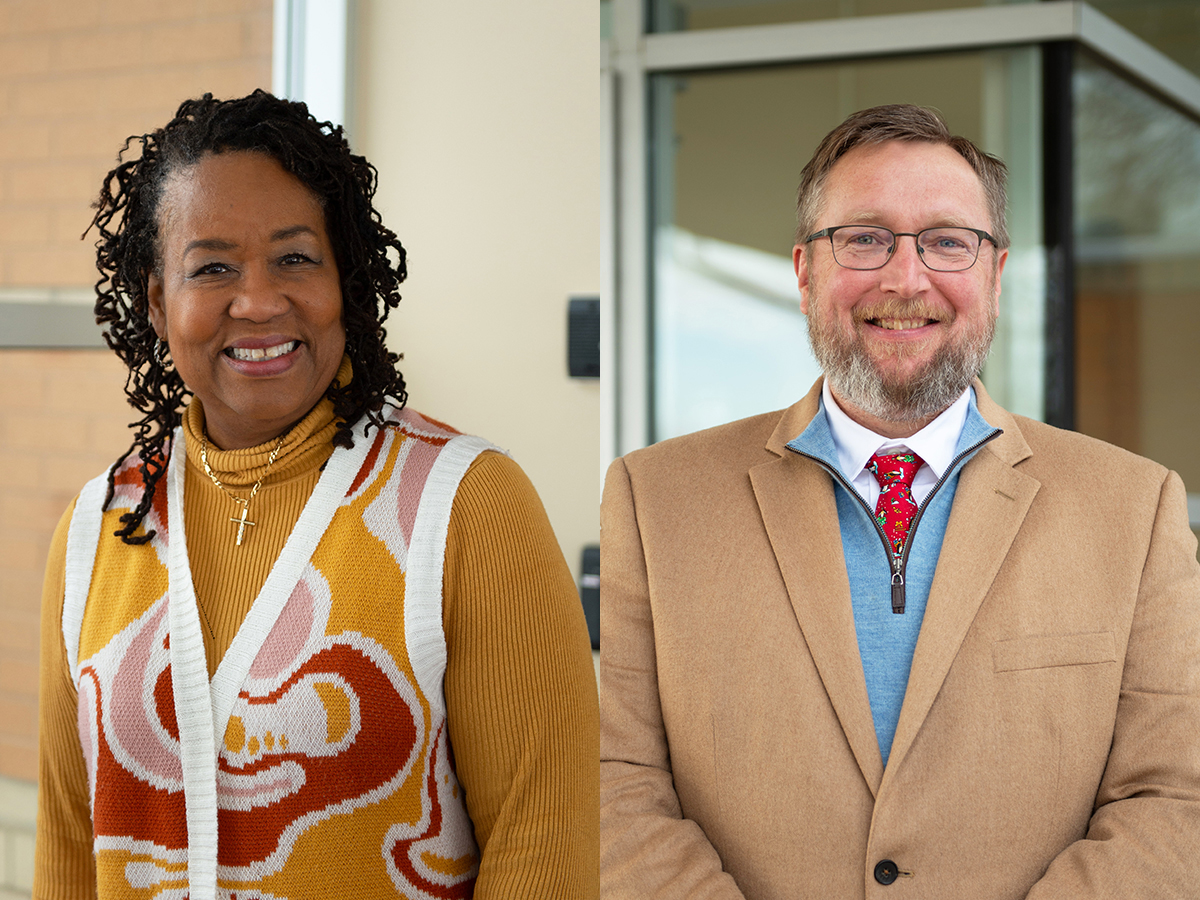
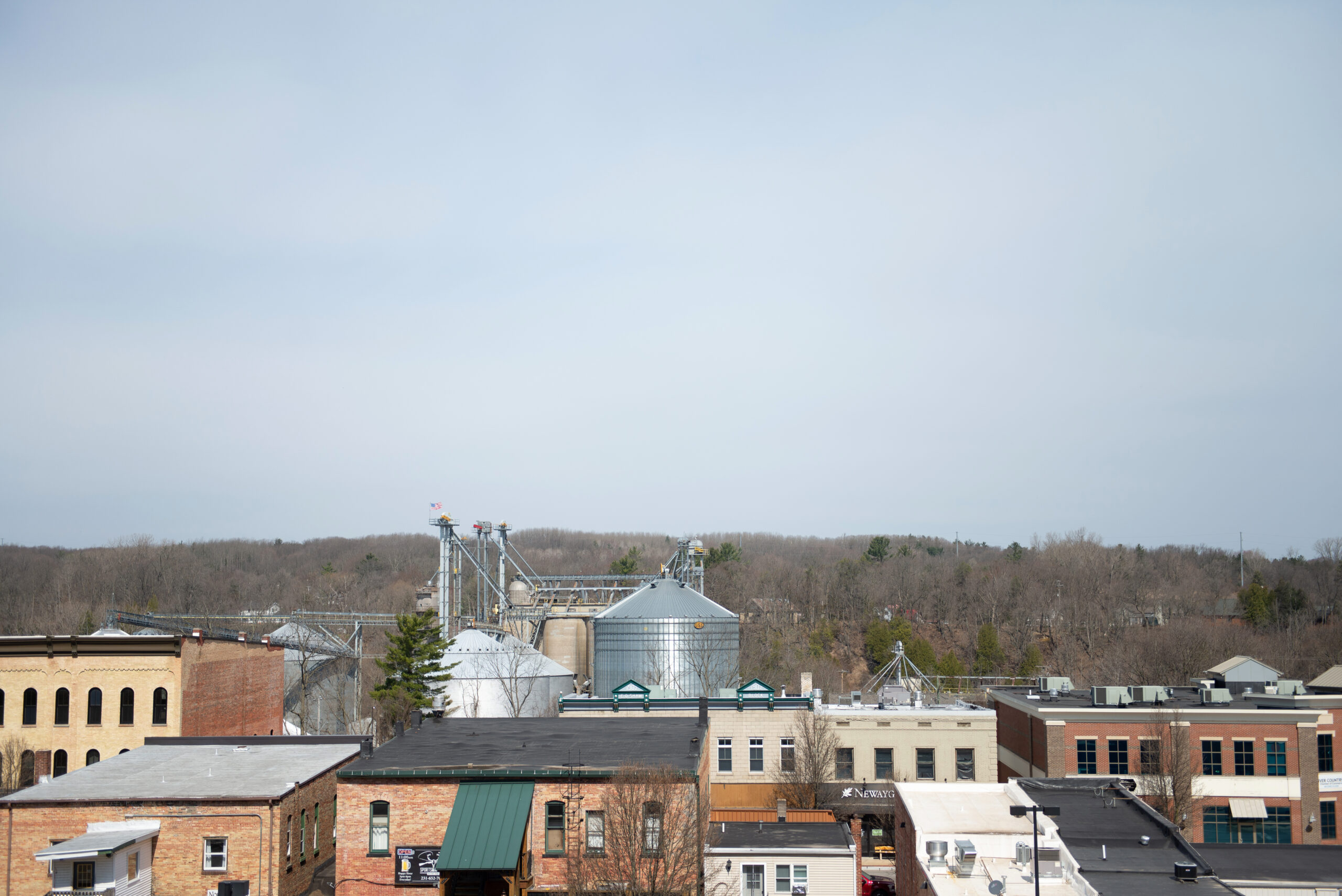
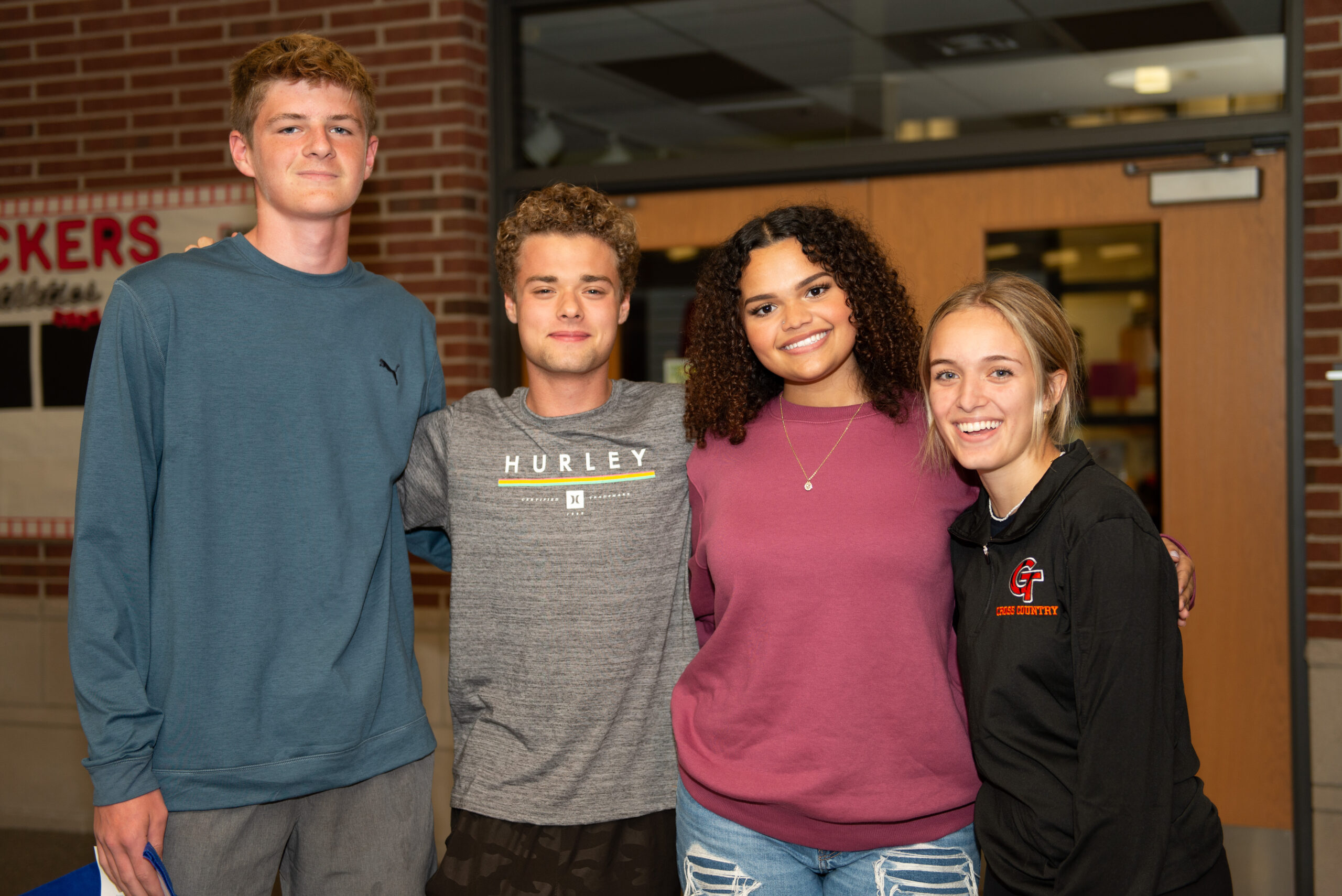

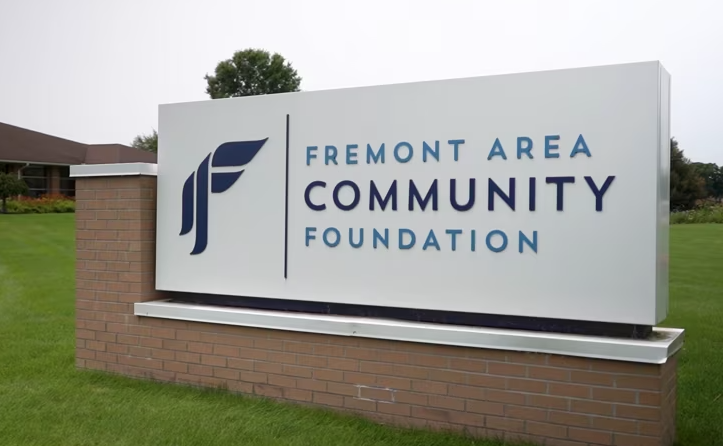
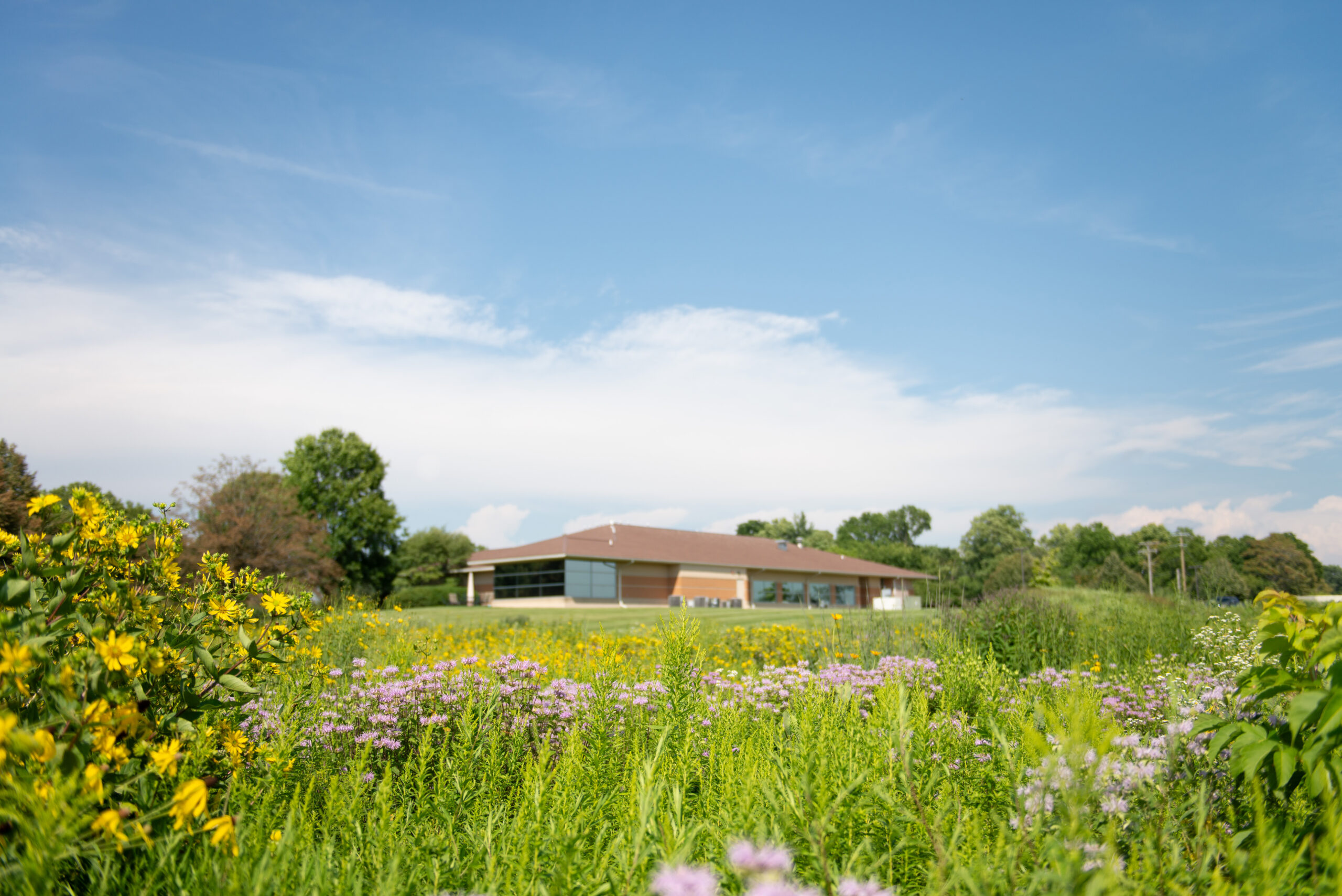
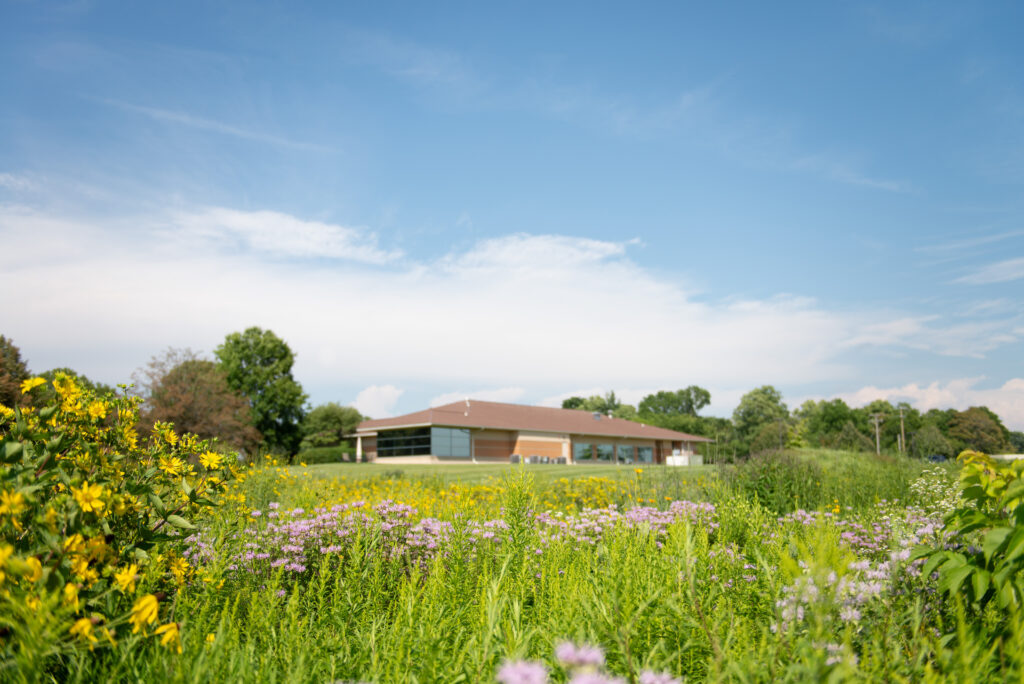 We have awarded $5.3 million in
We have awarded $5.3 million in 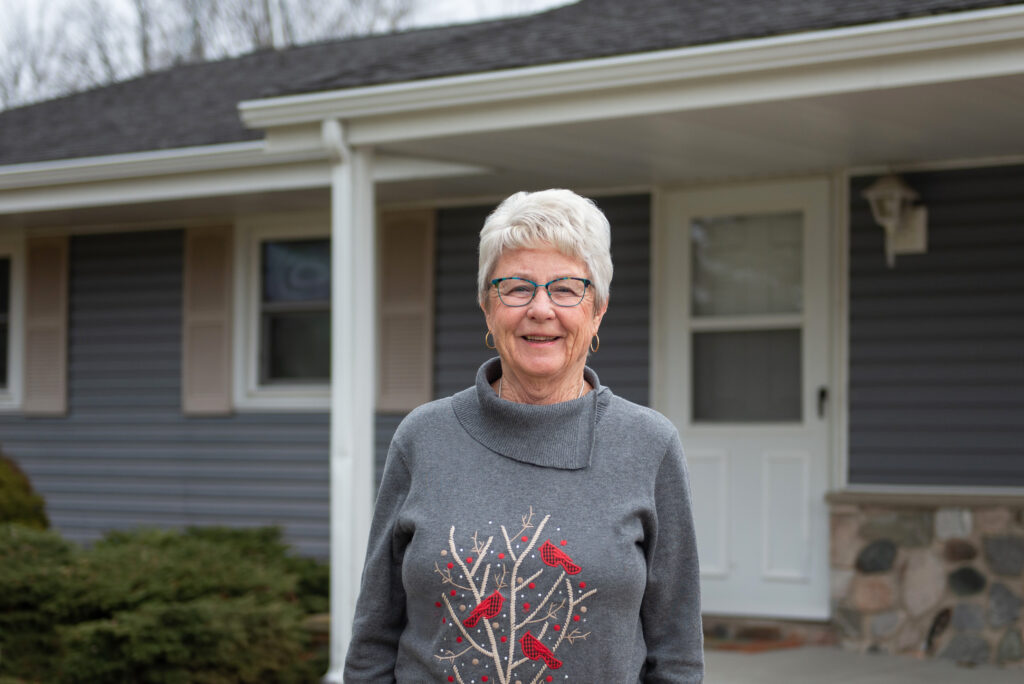
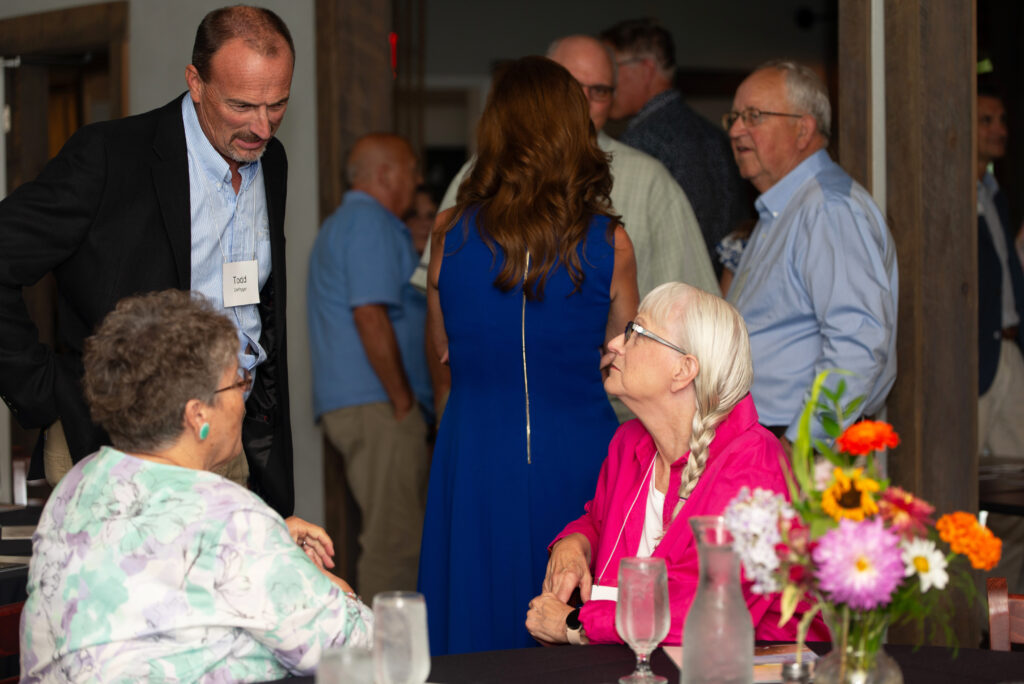 In August, we held our first Emeritus and Board Dinner for current and past
In August, we held our first Emeritus and Board Dinner for current and past 
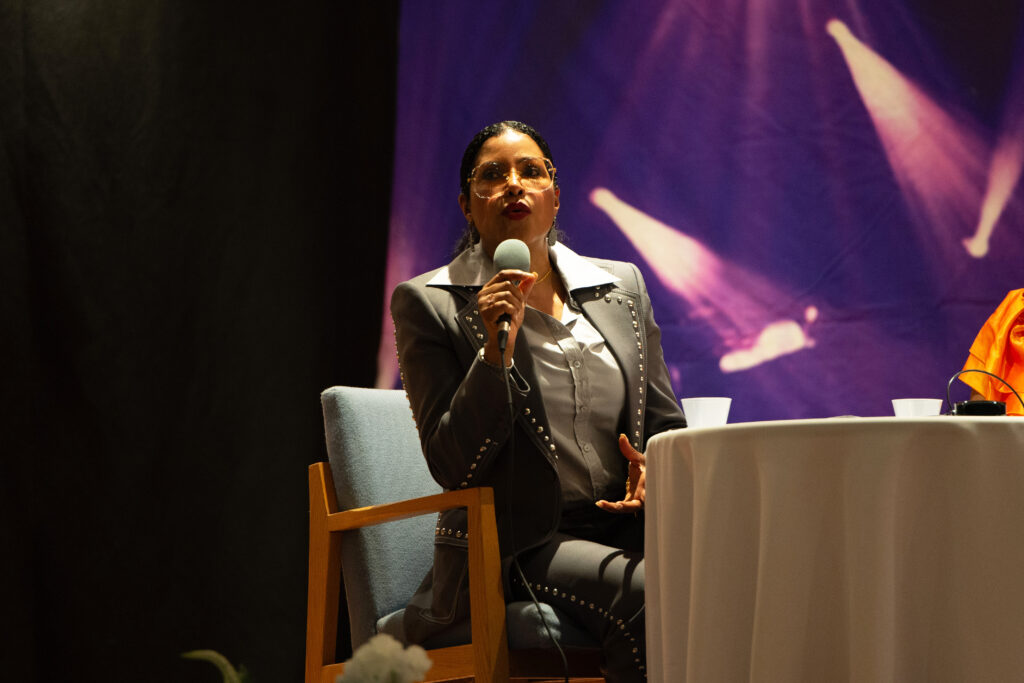 We were excited to host several learning opportunities, including a Bridges Out of Poverty workshop in May and a grantee workshop in September. We also welcomed author, speaker, and educator Dr. Ilyasah Shabazz to Lake County in August. Ilyasah—the daughter of Malcolm X and Dr. Betty Shabazz—spoke about her memoir Growing Up X and how educational attainment is a key to alleviating poverty.
We were excited to host several learning opportunities, including a Bridges Out of Poverty workshop in May and a grantee workshop in September. We also welcomed author, speaker, and educator Dr. Ilyasah Shabazz to Lake County in August. Ilyasah—the daughter of Malcolm X and Dr. Betty Shabazz—spoke about her memoir Growing Up X and how educational attainment is a key to alleviating poverty.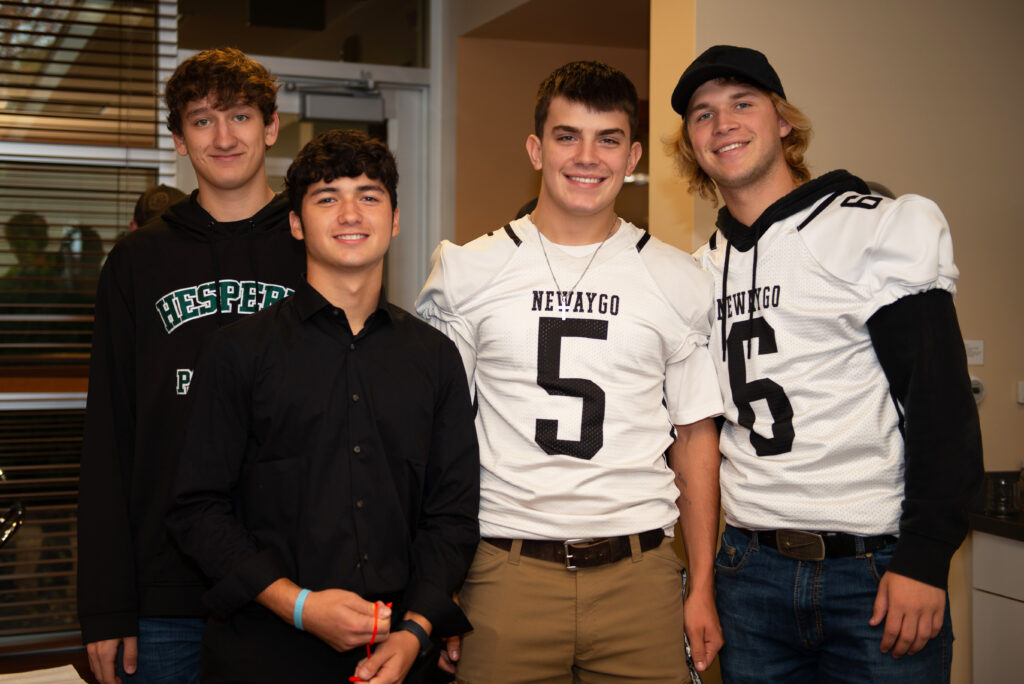 Students in Mecosta, Newaygo, and Osceola counties were engaged in grantmaking and leadership development as part of our
Students in Mecosta, Newaygo, and Osceola counties were engaged in grantmaking and leadership development as part of our 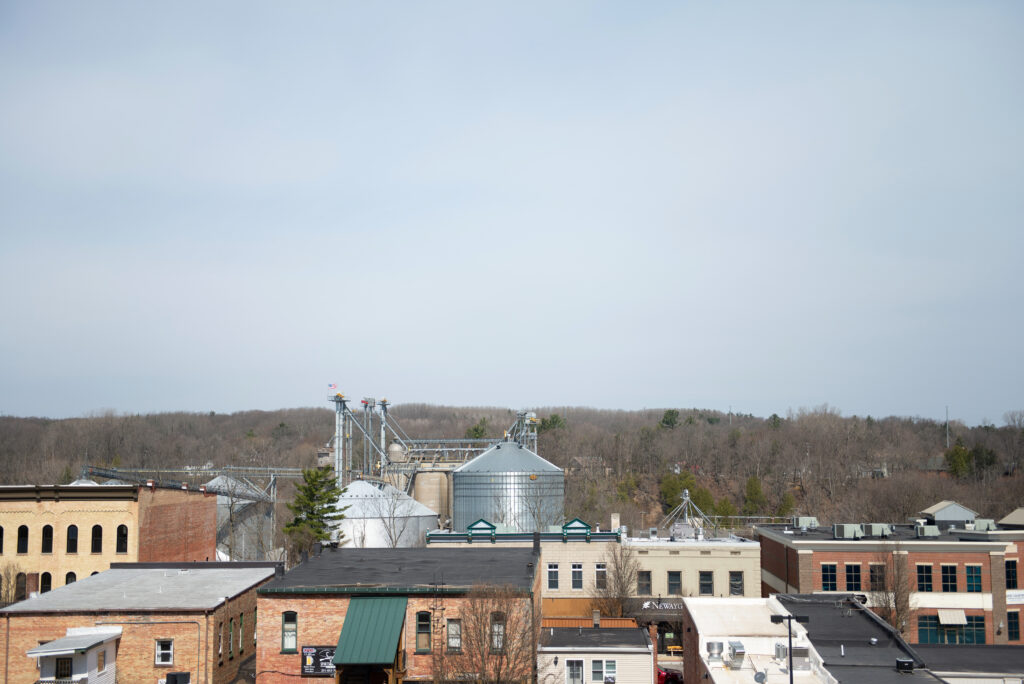 We worked with the Newaygo County Economic Development Partnership in their efforts to attract state grants, leverage resources, and make plans to enhance our community.
We worked with the Newaygo County Economic Development Partnership in their efforts to attract state grants, leverage resources, and make plans to enhance our community.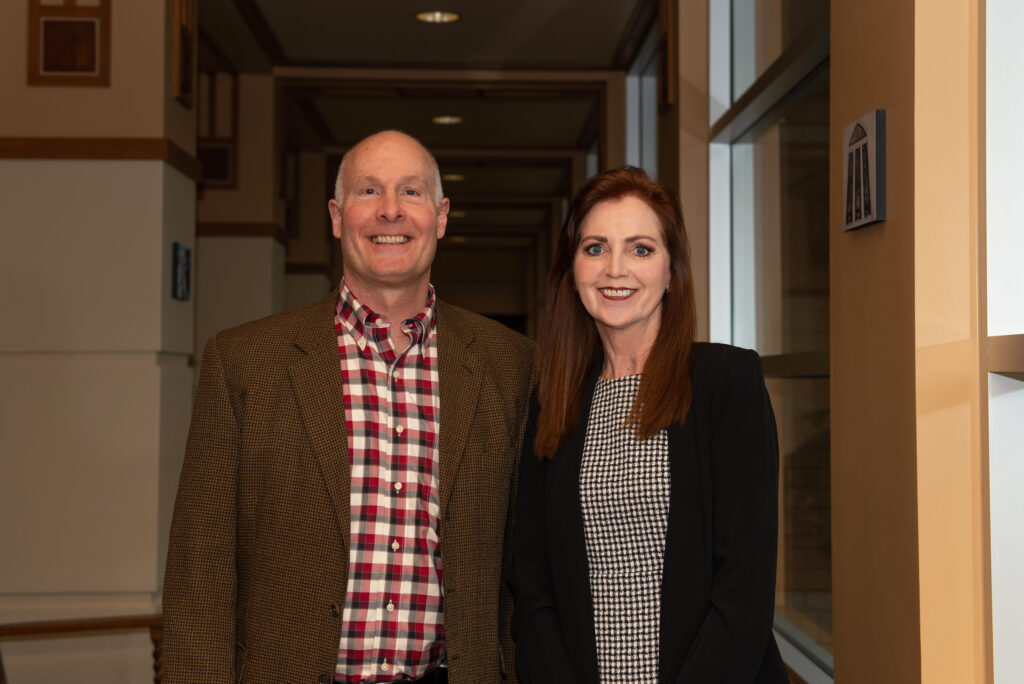 We hosted Congressman John Moolenaar, Representative Joseph Fox, and Senator Rick Outman to talk about Newaygo County, surrounding communities, and priorities for citizen well-being. I also
We hosted Congressman John Moolenaar, Representative Joseph Fox, and Senator Rick Outman to talk about Newaygo County, surrounding communities, and priorities for citizen well-being. I also 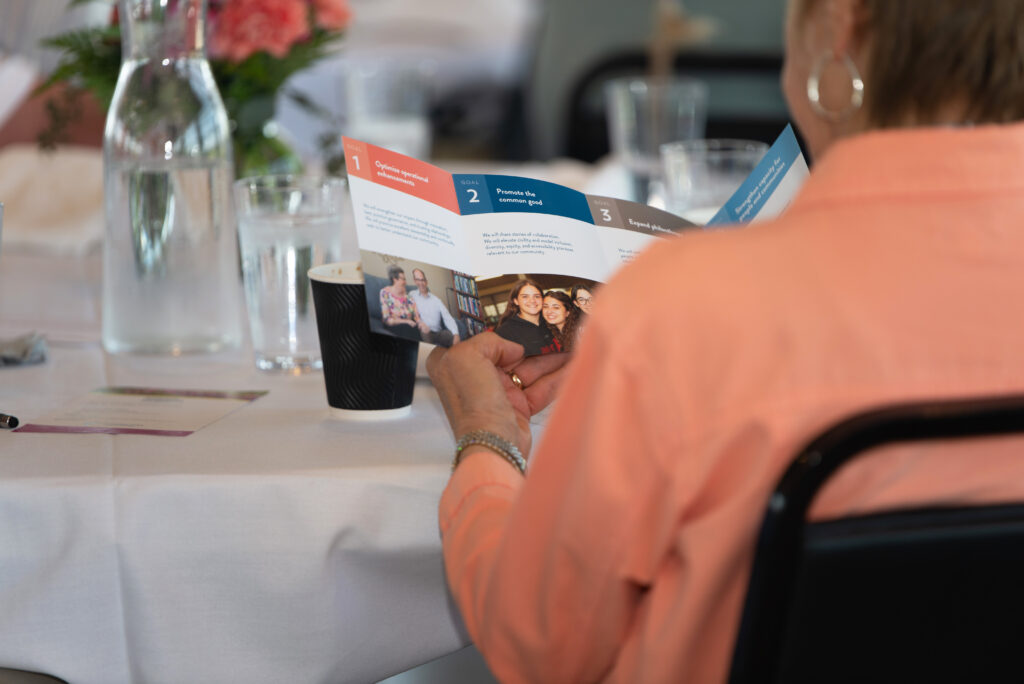 We launched our updated strategic framework. Guided by our
We launched our updated strategic framework. Guided by our 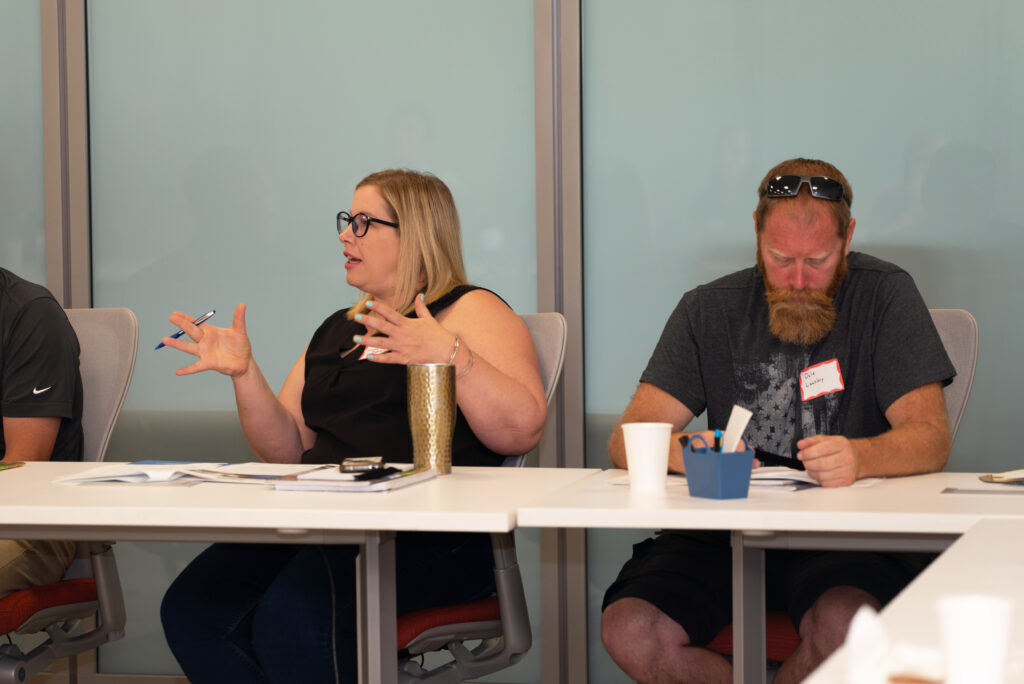 We loved spending time meeting with donors, community leaders, and neighbors to listen to their stories and dreams for the Community Foundation.
We loved spending time meeting with donors, community leaders, and neighbors to listen to their stories and dreams for the Community Foundation.